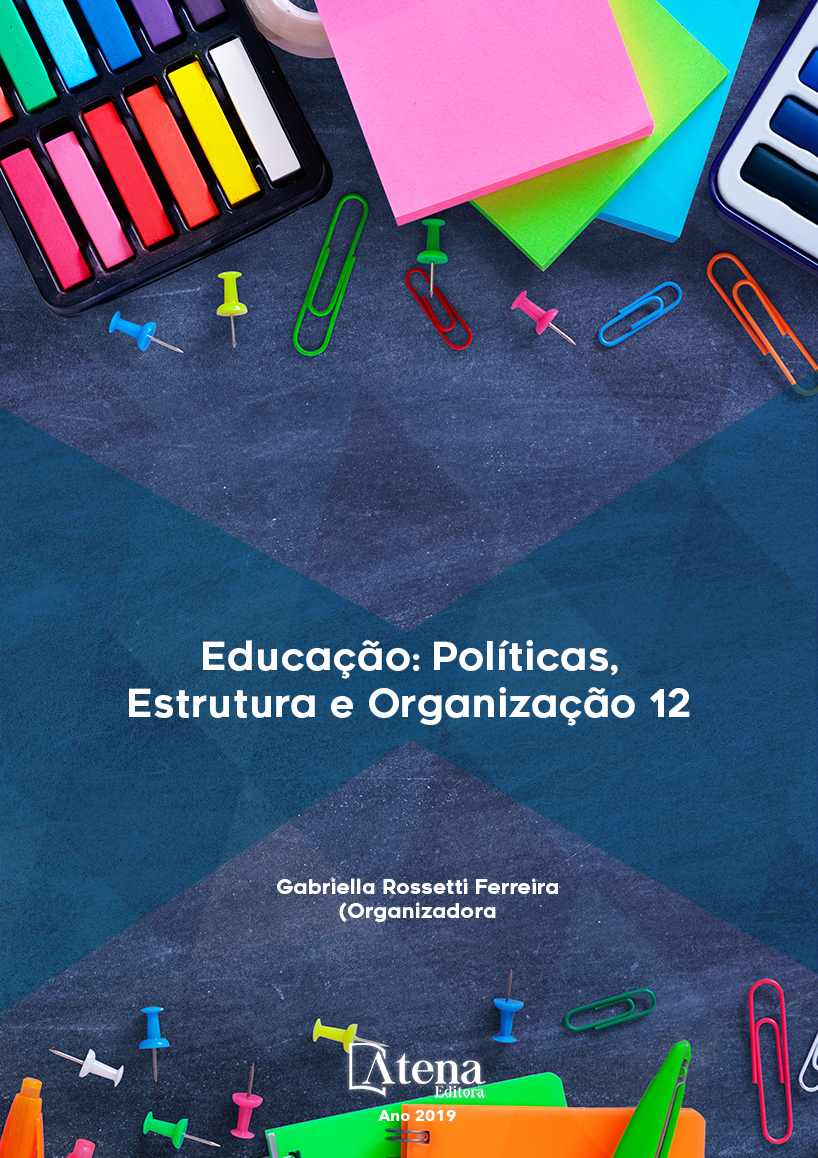
TECNOLOGIA ASSISTIVA CÃO-GUIA: UM ESTUDO SOBRE A RELAÇÃO COM O ANIMAL DE AJUDA SOCIAL
O presente trabalho vem tratar sobre
as Tecnologias Assistivas, para os deficientes
visuais, a partir do cão-guia. Concebendo
como ferramenta de inclusão dessas pessoas
através de uma autonomia de locomoção
dentro e fora de casa. Buscando compreender
Como se dá a utilização do cão-guia como
tecnologia assistiva, para deficientes visuais?.
Nosso estudo realizou-se na cidade de
Caruaru-Pernambuco. Para conseguirmos uma
resolução para nossos objetivos, realizamos
uma pesquisa bibliográfica e documental,
considerando artigos que tratem sobre o tema,
com recorte espacial dos últimos 18 anos, bem
como analisamos documentos reguladores
da Tecnologia assistiva- cão-guia, no âmbito
nacional e as recomendações internacionais.
Através da análise e comparações entre vários
autores e recomendações, percebemos que
esse tipo de tecnologia, utilizada para o auxílio
da locomoção dos deficientes visuais, possui
várias benefícios para o usuário, desde os
psicológicos, físicos, para facilitar a interação
social, contribuindo também em fatores externos
ao animal. Mas foi percebido que mesmo com
diversas contribuições, e legislações favoráveis
a utilização desse tipo de TA, não foi encontrado
na cidade pesquisada. Acreditamos que um dos
fatores responsável pela falta da TA, seja pela
inexistência de escolas de treinamento para
esses animais, bem como iniciativas políticas
para incentivar tais escolas.
TECNOLOGIA ASSISTIVA CÃO-GUIA: UM ESTUDO SOBRE A RELAÇÃO COM O ANIMAL DE AJUDA SOCIAL
-
DOI: 10.22533/at.ed.132190304710
-
Palavras-chave: Educação Inclusiva, Tecnologia Assistiva, Cão guia.
-
Keywords: Inclusive Education, Assistive Technology, Guide Dog.
-
Abstract:
The present work deals with the
Assistive Technologies, for the visually impaired,
from the guide dog. Conceiving as a tool to include
these people through an autonomy of locomotion
inside and outside the home. Seeking to understand
How is the use of the guide dog used as assistive
technology for the visually impaired ?. Our study
was carried out in the city of Caruaru-Pernambuco.
In order to achieve a resolution to our objectives,
we carried out a bibliographical and documentary
research, considering articles that deal with the
subject, with a spatial crossover of the last 18 years,
as well as we analyzed regulatory documents of
Assistive Technology - dog guide at the national level
and the recommendations countries. Through the
analysis and comparisons between several authors
and recommendations, we realized that this type of
technology, used to aid the locomotion of the visually
Educação: Políticas, Estrutura e Organização 12 Capítulo 10 99
impaired, has several benefits for the user, from psychological, physical, to facilitate social
interaction, also contributing to factors external to the animal. But it was noticed that even with
several contributions, and legislation favorable to the use of this type of TA, was not found in
the city searched. We believe that one of the factors responsible for the lack of TA, is the lack
of training schools for these animals, as well as policy initiatives to encourage such schools
-
Número de páginas: 15
- Ana Maria Tavares Duarte
- Viviane Rauane Bezerra Silva


